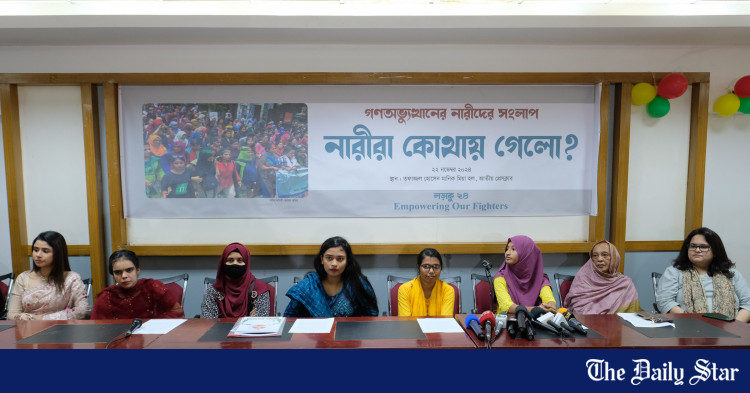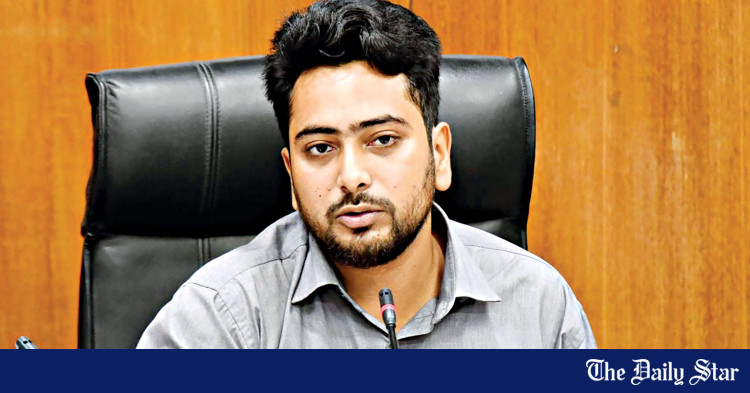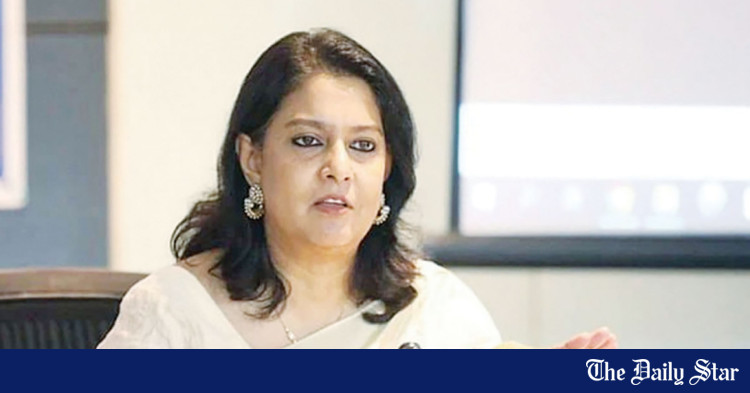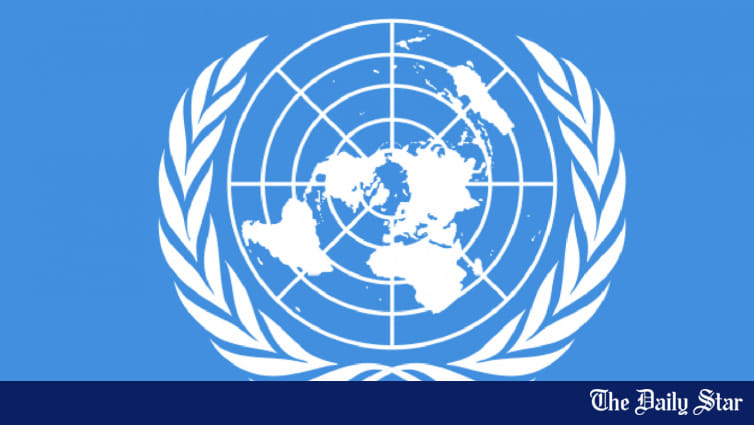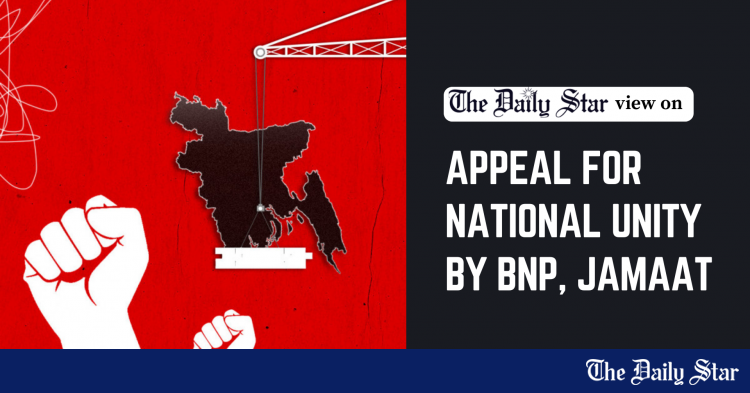Saif
Senior Member
- Joined
- Jan 24, 2024
- Messages
- 17,262
- Likes
- 8,334
- Nation

- Residence

- Axis Group

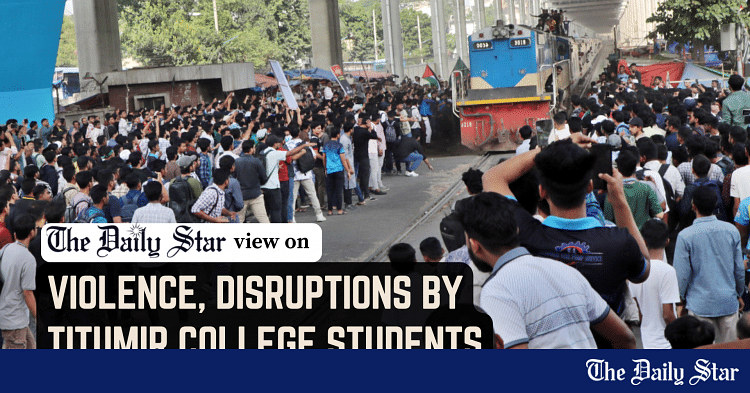
Student protests must respect public welfare
Disruptions, violence by Titumir College students unacceptable
Student protests must respect public welfare
Disruptions, violence by Titumir College students unacceptable

VISUAL: STAR
The daylong blockade of roads and railways by the students of Government Titumir College on Monday, causing severe disruption for commuters, is simply unacceptable. Even more appalling was the reckless act of some students throwing stones at a train they forced to stop, injuring at least 15-20 passengers, including children and women. Disturbing images published by the media showed bloodied faces of passengers, highlighting the trauma caused by this senseless behaviour. How could these students, who are demanding the establishment of a university transforming their college, believe that causing panic and disruptions would further their cause? Did they consider the harm inflicted on innocent travellers? What justification could they possibly offer?
Needless to say, the protests on Monday created massive traffic congestion across the Mohakhali Flyover and Airport Road areas, as well as surrounding streets, leaving countless commuters stranded for hours. The rail blockade further disrupted railway connections between Dhaka and the rest of the country, exacerbating the public's distress. Such actions reflect a disregard for public welfare and cannot be condoned.
This is not the first instance of students disrupting daily life with similar demands. Previously, students from the seven colleges affiliated with Dhaka University—including Titumir College—protested for an autonomous university for their institutions. Their actions, too, brought significant parts of Dhaka to a standstill over several days. In response, the government formed a committee to address their concerns and held multiple discussions with student representatives. This shows that the authorities are actively working towards a resolution. While progress may be slow and additional dialogue might be necessary, it is unreasonable for one college to paralyse daily life by blocking roads and railways, especially when an official process is already underway.
How could these students, who are demanding the establishment of a university transforming their college, believe that causing panic and disruptions would further their cause? Did they consider the harm inflicted on innocent travellers? What justification could they possibly offer?
Upgrading a college into a university—or creating an autonomous one combining all seven colleges—is not a decision that can be made hastily. It requires a thorough assessment to ensure the institution meets necessary qualifications and possesses the infrastructure and resources to function as a university. The interim government has repeatedly urged those with grievances to approach them for resolution. Representatives from Titumir College eventually did so, engaging in discussions at the Secretariat. However, dissatisfied with the lack of immediate results, the students resumed their protests on Tuesday, only to be withdrawn later in the day. Such impatience and unreasonableness are disappointing.
We strongly urge the students of Titumir College—and all others engaging in similar protests—to stop causing suffering to ordinary citizens. They must exercise patience and seek solutions through dialogue. Students should also carefully evaluate the legitimacy and practicality of their demands. Continued unreasonable and disruptive protests risk alienating the public and may ultimately do more harm than good to their cause.
Disruptions, violence by Titumir College students unacceptable
VISUAL: STAR
The daylong blockade of roads and railways by the students of Government Titumir College on Monday, causing severe disruption for commuters, is simply unacceptable. Even more appalling was the reckless act of some students throwing stones at a train they forced to stop, injuring at least 15-20 passengers, including children and women. Disturbing images published by the media showed bloodied faces of passengers, highlighting the trauma caused by this senseless behaviour. How could these students, who are demanding the establishment of a university transforming their college, believe that causing panic and disruptions would further their cause? Did they consider the harm inflicted on innocent travellers? What justification could they possibly offer?
Needless to say, the protests on Monday created massive traffic congestion across the Mohakhali Flyover and Airport Road areas, as well as surrounding streets, leaving countless commuters stranded for hours. The rail blockade further disrupted railway connections between Dhaka and the rest of the country, exacerbating the public's distress. Such actions reflect a disregard for public welfare and cannot be condoned.
This is not the first instance of students disrupting daily life with similar demands. Previously, students from the seven colleges affiliated with Dhaka University—including Titumir College—protested for an autonomous university for their institutions. Their actions, too, brought significant parts of Dhaka to a standstill over several days. In response, the government formed a committee to address their concerns and held multiple discussions with student representatives. This shows that the authorities are actively working towards a resolution. While progress may be slow and additional dialogue might be necessary, it is unreasonable for one college to paralyse daily life by blocking roads and railways, especially when an official process is already underway.
How could these students, who are demanding the establishment of a university transforming their college, believe that causing panic and disruptions would further their cause? Did they consider the harm inflicted on innocent travellers? What justification could they possibly offer?
Upgrading a college into a university—or creating an autonomous one combining all seven colleges—is not a decision that can be made hastily. It requires a thorough assessment to ensure the institution meets necessary qualifications and possesses the infrastructure and resources to function as a university. The interim government has repeatedly urged those with grievances to approach them for resolution. Representatives from Titumir College eventually did so, engaging in discussions at the Secretariat. However, dissatisfied with the lack of immediate results, the students resumed their protests on Tuesday, only to be withdrawn later in the day. Such impatience and unreasonableness are disappointing.
We strongly urge the students of Titumir College—and all others engaging in similar protests—to stop causing suffering to ordinary citizens. They must exercise patience and seek solutions through dialogue. Students should also carefully evaluate the legitimacy and practicality of their demands. Continued unreasonable and disruptive protests risk alienating the public and may ultimately do more harm than good to their cause.



































